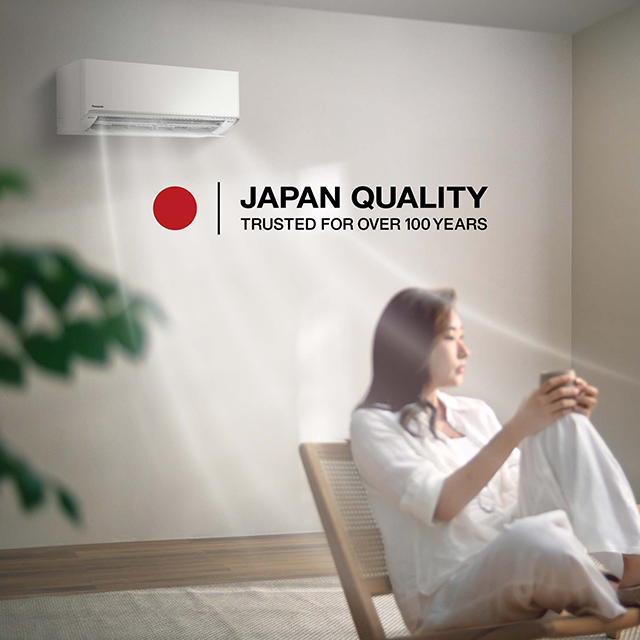
Your employees are demanding a better office environment: Here’s how to do it
Office working will never be the same again.
The Covid-19 pandemic has transformed our relationship with work, with commuting rates slashed as growing numbers of businesses embrace remote or hybrid working arrangements.
However, whilst 25%*1 of all professional jobs in North America will be remote by the end of 2022, the office is set to remain at the heart of modern business.
The growth in flexibility has given employees more power than ever before to fight for positive, healthy, and happy working environments. Workhuman’s January 2022 Human Workplace Index found that an astonishing 81.5%*2 of workers feel more empowered to hold their leaders accountable for a better workplace this year. And increasingly, they can vote with their feet.
So how can you create an office environment that attracts employees and provides the social, functional, and productivity benefits of improved collaboration between colleagues?
And just how big a role does your air quality play in creating that comfortable workplace?
Your office environment is key to attracting and retaining staff
Today, workers feel increasingly empowered to hand in their notice when they aren’t happy, and so a bad office environment can have fast-acting and severe consequences for the quality of your staff and your ability to retain them. According to the U.S. Bureau of Labor Statistics, more than 24 million American workers*3 quit their jobs between April and September 2021 – an all-time record.
Whilst remote working provides plenty of benefits for workers, it also significantly reduces their close contact time for social interaction with each other. This can affect the productivity of some work, and can leave them feeling less connected to the company.
So what’s the answer? Providing a comfortable, healthy, and productive office environment so that whether your staff are required at the office full-time or on a hybrid basis, it’s always an appealing place to go.

Working norms and space demands have changed, rapidly
Remote or hybrid working isn’t the only recent major shift in working patterns. Many companies are embracing models with more flexible working hours, and office design has changed too, with individual offices or the open-plan cubicle layout quickly becoming outdated.
Businesses are increasingly looking for office spaces that incorporate flexible hot-desking elements – so that areas can be used for breakouts, meetings, conferences, and focused work. Equally, shared office spaces used by dispersed teams and digital nomads demand radically different arrangements, with workers using the office at vastly different hours of the day and night, and requiring unique set-ups depending on the nature of their work.
Whilst a marketing team may for example require larger meeting rooms for collaborative idea generation, someone in software development might prefer a quiet space in which to work on a piece of code without distraction.
One senior facility manager explained the new trends: “The difference is that you won’t get your own desk, it would just be big tables, sofas, couches, high tables and just different ways of working.” These flexible set-ups are particularly attractive to younger employees: “So, millennials, some like to work on the floor, and some of them like to work on the high tables.”
That creates a need for a more considered office environment that supports and enhances the ways people want to work, as opposed to imposing restrictions on what they can do.
Tip – Think about how space can improve work
Facility managers and business owners are increasingly thinking about how to design their spaces around the ways people want to work. Thinking through the needs of different teams – and asking for their opinions – can help you provide an environment that is conducive to productive work and happy employees.
A non-traditional, varied, and flexible workplace layout might be able to give you just that. And done right, it doesn’t have to mean providing a large amount of expensive space. In fact, it can even improve your desk density.
One real estate manager told us: “In a normal office I would say I can seat 24 people in 100 square metres, but using co-working or flexible office furniture I can seat 60 persons.” That helps you get much closer to the ideal 85% occupancy utilisation, without negatively impacting the working environment.

Air quality and climate control are crucial
Unsurprisingly, hygiene and cleanliness have become hot topics over the past couple of years. They remain high on the list of employees’ priorities, and getting them right is crucial for creating a comfortable and productive office environment.
Most office spaces are still committed to providing enhanced cleaning and sanitisation – particularly where areas, or whole buildings, are shared between different businesses or individuals. Digital nomads and workers taking advantage of hot-desking can also have higher hygiene expectations given the turnover of people using the office.
Equally, air quality and odour control are an important part of this mix – after all, no one wants to still be able to smell their colleagues’ lunch several hours into the afternoon. In addition, the risks of airborne viral transmission remain unsurprisingly at the forefront of many workers’ minds.
The air can contain hidden dangers in the form of millions of viruses; bacteria; dust, dirt and allergen particles; as well as harmful PM 2.5 substances. Not only can these be inhaled by unsuspecting employees, but they can also be deposited on surfaces, fabrics, and clothing, creating greater risk for everyone in the building.
Coupled with temperature and odour control, air quality is now a significant consideration for facilities managers. So the key is to source air conditioning that not only provides humidity and temperature control but also features integrated air purification technology to ensure the air remains hygienic and safe.
Tip – Get your air quality up to scratch, sustainably
Reduce the risks by providing clean air for your building’s employees, and your staff will be happier, healthier, and more productive.
But – unsurprisingly – office managers are also increasingly conscious of doing this in a sustainable way. As one put it, “We don't want only to have a comfortable office, we want a sustainable office.”
This means controlling energy consumption and efficiency, but it also means investing in solutions that don’t cause damage elsewhere. “We have tried several products for cleaning; 95% of the products were not sustainable or used chemicals. It will kill the bacteria, but it will also kill my furniture after a month of use,” said the manager.
So you need to find a solution that does it all: providing cleaning and odour, temperature, and humidity control, without causing damage to your office infrastructure. That’s why managers are increasingly looking to combined air purification and conditioning systems to sustainably reduce the health risks of viruses, bacteria, and mould, and improve their environment.
Introducing nanoe™ X technology: Comfort and productivity, thanks to quality air

Technology such as nanoe™ X can be integrated into air-conditioning units to purify the air, removing airborne viruses, bacteria, mould, and hazardous substances contained in fine particulate matter (PM 2.5).
nanoe™ X works by spreading nature-derived hydroxyl radicals which are sustainably generated from moisture in the air. These help to deactivate viruses and remove odours, invisibly improving your environment – so you can be sure that workers will be greeted by a welcoming office every time.
Office managers are always conscious of the return on investment (ROI) of their solutions, especially in the longer term. As one explained, “You always have to consider how much it costs and how long it will last.” An integrated air conditioner like nanoe™ X with advanced air purification and deodorisation delivers good ROI by providing air conditioning and purification in one system, requiring no additional space or maintenance time, and ensuring that you don’t need to add additional cleaning practices to your existing regime.
Air quality is the key to a better office environment
Providing a healthier and more comfortable working environment has never been more important for preparing for the future of business. In which your office facilitates increased productivity, efficiency, happiness, and staff retention.
With working practices changing rapidly, and more workers than ever demanding better facilities from their employers, now is the time to get your environment right. By cleaning the air, deatcivating viruses, bacteria, mould, and allergens; and removing unpleasant odours from the air.
Which is exactly what nanoe™ X can help you with.
>> Case Studies: Offices
[Note]
*1 Statistic taken from Ladders data projection, December 2021
*2 Statistic taken from Workhuman’ s January 2022 Human Workplace Index
*3 Statistic taken from Job Openings and Labor Turnover Survey, U.S. Bureau of Labor Statistics
Related Products










